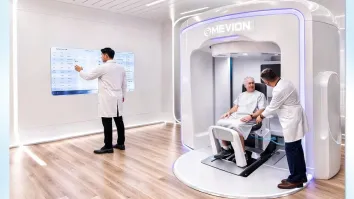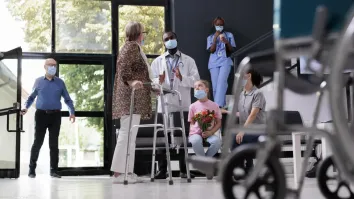
The Prince Charles Hospital adopts electronic tool for delirium diagnosis
The tech features an algorithm to aid clinicians in determining likely causes of delirium.
The Prince Charles Hospital (TPCH) in Australia has adopted an electronic tool to assist clinicians in diagnosing delirium, a common side effect of hospital admissions.
The new tech utilises conventional principles combined with intelligent design features such as adaptive testing to determine the likely causes of delirium in patients.
Furthermore, it uses a series of “yes or no” questions to narrow down causes to select groups such as infection, organ dysfunction, or drugs.
“One of the problems is that patients with delirium may not be able to articulate what is wrong. The examination might be a challenge because of drowsiness where a patient may be quiet or seemingly withdrawn,” Eamonn Eeles, Geriatrician at TPCH, said.
“Delays in diagnosis and treatment when managing delirium in patients are said to quadruple the risk of mortality. That’s why timely diagnosis is crucial,” Eeles added.
The tool was developed by Eeles, in collaboration with the hospital’s Internal Medicine Service, and The Dementia and Neuro Mental Health Research Unit at The University of Queensland Centre for Clinical Research,
Delirium affects around one in five patients and has cost Australia about $5.9b (A$8.8b) annually.



















 Advertise
Advertise






